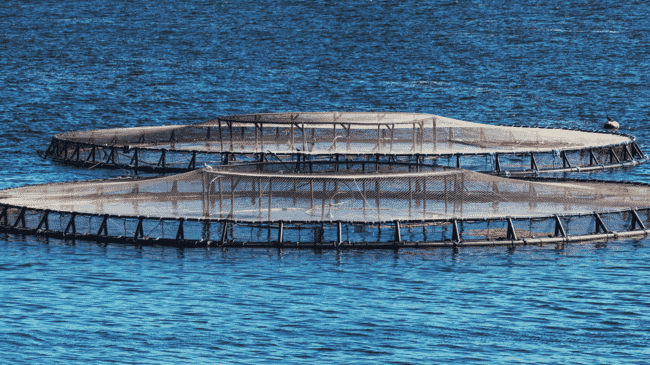
© ETSA Group
Sebol, a subsidiary of the ETSA Group, has unveiled plans for a cutting-edge industrial unit in Coruche, Portugal, marking a significant leap in sustainability and innovation within the aquaculture sector. Fuelled by the recovery and resilience plan (PRR) and aligned with the blue bioeconomy pact, the facility is a key component of the Pep4Fish project, focusing on large-scale production of protein hydrolysates designed for fish feed.
A facility for innovation
Sebol has stated that the construction of its new industrial facility is well underway in Coruche, with, as the ETSA Group claims, a crucial advancement in sustainability and innovation for aquaculture. Driven by the national PRR, and integrated into the blue bioeconomy pact, the Group believes this project is an integral part of the Pep4Fish initiative, with a primary focus on the large-scale production of innovative products - protein hydrolysates specifically tailored for fish feed.
André Almeida, head of the research department at the ETSA Group, expresses optimism about the value generated by this new production unit, stating in a press release: “Sebol is very optimistic about the significance of this new production unit, representing the first nationally produced hydrolysed protein with a focus on fish feed at an industrial level. This marks a significant step that will contribute to efficient and sustainable fish production.”
What are protein hydrolysates?
Protein hydrolysates are superfoods developed from animal by-products, optimising nutrient absorption for fish. Aligned with circular economy principles, this process involves utilising by-products from fish, poultry, swine, and even insects, guided by the various phases of the Pep4Fish project's research. Ultimately, these high-value-added hydrolysates will be incorporated into feeds for sea bass and gilt-head bream, bolstering fish health, contributing to human nutrition, reducing food waste, and promoting sustainability in aquaculture.
Scale and impact
The new industrial unit, spanning approximately 9,000 square metres, is slated for completion in the second half of 2024. It is expected to create 15 new jobs, serving as a catalyst for sustainability and innovation, significantly contributing to the agri-food sector in Portugal, according to André Almeida.
Led by the ETSA Group, the Pep4Fish project includes the collaboration of nine partners, encompassing research centres and companies: AgroGrIN Tech, B2E – Blue Bioeconomy CoLAB (B2E CoLAB), CIIMAR – Interdisciplinary Centre of Marine and Environmental Research, ITS – Industry of Transformation of By-Products (ETSA), Seaculture (Jerónimo Martins), Savinor and Sorgal (Soja Portugal), Sebol (ETSA), and the Portuguese Catholic University.




